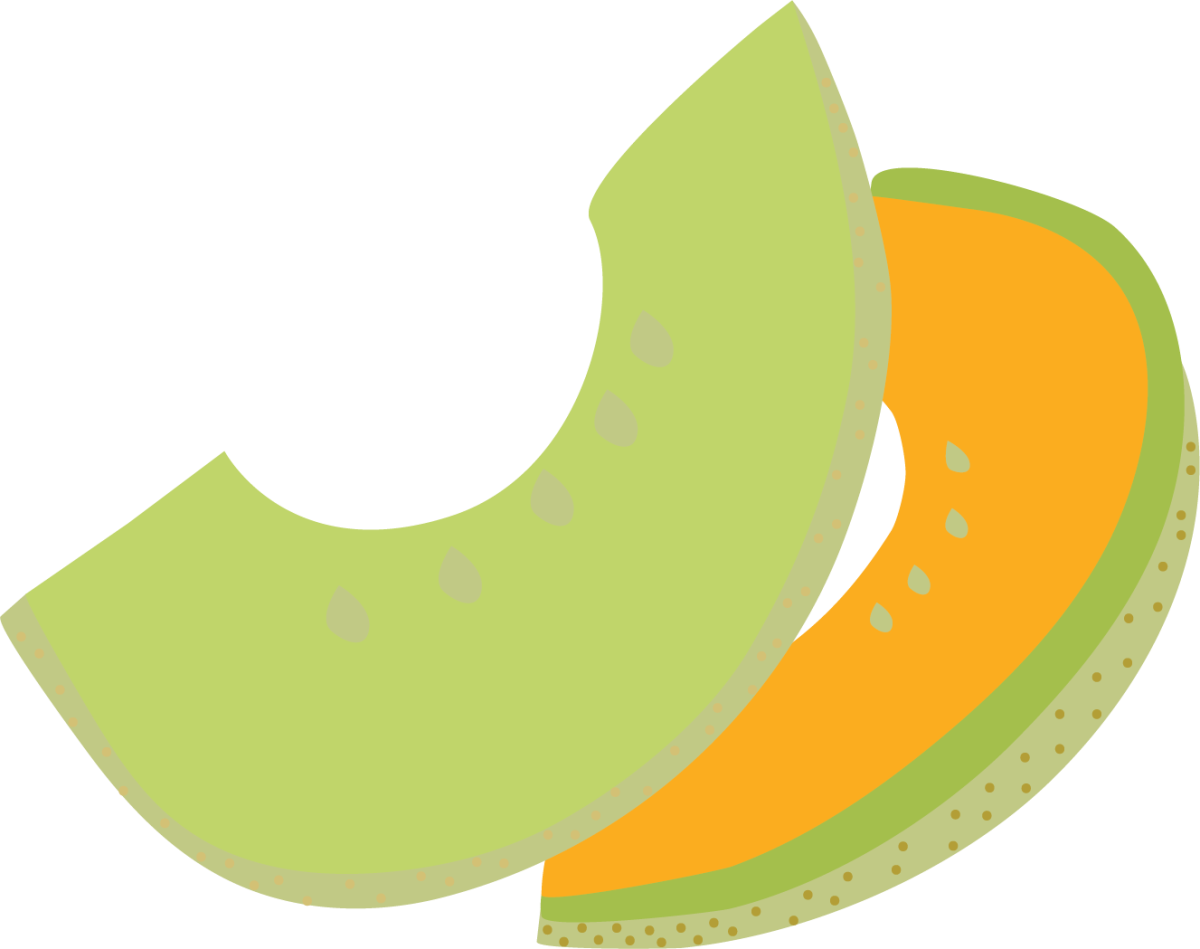In the U.S. melons such as cantaloupe and honeydew have been associated with the outbreak of 36 foodborne diseases and pathogen related fruit recalls since 1990 according to Texas A&M horticulturalist Bhimu Patil.
On Sept. 8, scientists with the A&M AgriLife Research department received a $4.4 million grant from the U.S. Department of Agriculture’s National Institute of Food and Agriculture (NIFA) to research and improve the U.S. melon industry.
The department received $35 million have been awarded nationally by the USDA to 12 projects across the country seeking to address the concerns of melon safety. The grant was awarded to the university’s horticultural sciences department as a part of a four year funded project, entitled “A Sustainable, Systems-based Approach for a Safer and Healthier Melon Supply Chain in the U.S..”
Bhimu Patil, a horticultural sciences professor and director of the AgriLife Research department’s Vegetable and Fruit Improvement Center (VFIC), will head the project of collaborators from universities across the nation.
“VFIC has been successful in teaching initiatives to increase awareness and effectively disseminate solutions to target audiences,” Patil said. “A&M’s VFIC scientists will lead the nation partnering with melon growing states in the country.”
The money was awarded to the university after the USDA-NIFA recognized the VFIC as a Center For Excellence in the field of U.S. melon research.
NIFA Centers for Excellence are recognized by their success in developing beneficial public-private partnerships and efforts in the fields of research and education, according to the Department of Agriculture website.
In an email NIFA spokesperson Sonny Ramaswamy laid out the goals of his organization.
“NIFA investments in specialty crop research provide high-tech solutions to the needs of farmers and processors,” Ramaswamy wrote. “They foster a competitive U.S. industry that offers abundant, nutritious, safe, and affordable food sources.”
Ramaswamy feels that Texas A&M University researchers play a role in pursuing NIFA’s goals.
“These projects include a Texas A&M University effort to enhance the sustainability and profitability of melon production in the United States, emphasizing consumer preferences and industry-driven need,” Ramaswamy wrote.
Patil said that, due to their physical characteristics, melons are particularly susceptible to the spread of disease.
“The surfaces of these fruits are harder to wash,” Patil said. “And thus pathogens, such as salmonella, can accumulate on the outside and contaminate the flesh when the fruit is cut.”
Patil feels these issues need to be addressed because, despite the risk of disease, melons are incredibly beneficial and durable fruits.
“Melons have a multitude of health benefits and excellent flavor aspects for consumers, and as well as a good resistance to disease while growing in fields,” Patil said.
Patil also said the goals of the project will affect many areas of agricultural industry.
“The long term goal of this multidisciplinary project is to enhance the sustainability and profitability of melon production in the U.S., emphasizing consumer preferences and industry-driven needs,” Patil said.
According to Patil, the project will involve around twelve scientists from the VFIC who will partner with melon growers across the nation to improve melon safety and assist U.S. melon farmers to make the business more lucrative.
“We are developing varieties based on consumer needs,” Patil said. “We have more than 23 scientists in seven states collaborating to make this happen.”
AgriLife researchers receive $4.4 million USDA grant
October 25, 2017
Photo by Graphic by Mariah Colón
TAMU AgriLife received funds for agricultural research involving the melon industry.
Donate to The Battalion
Your donation will support the student journalists of Texas A&M University - College Station. Your contribution will allow us to purchase equipment and cover our annual website hosting costs.
























